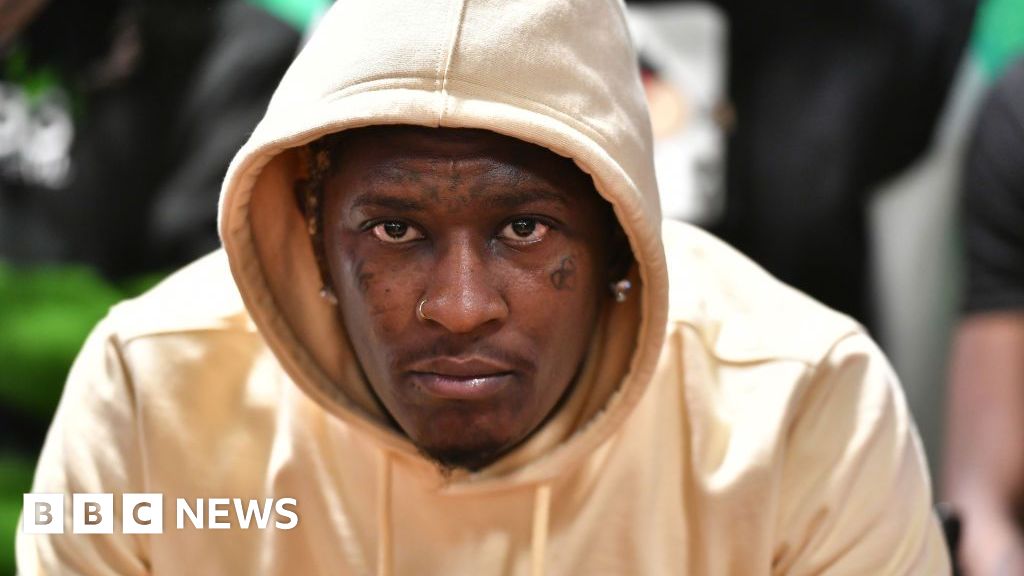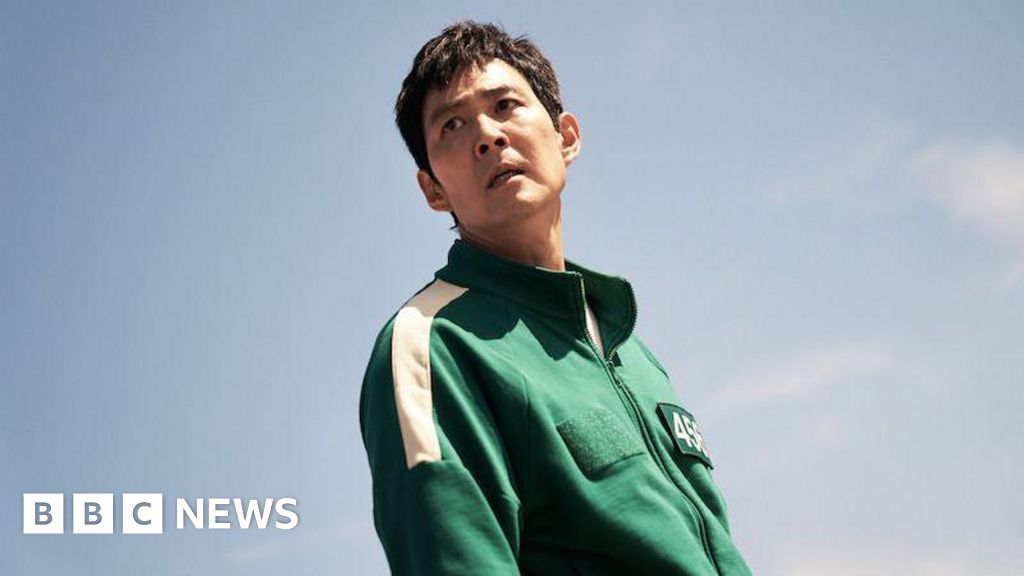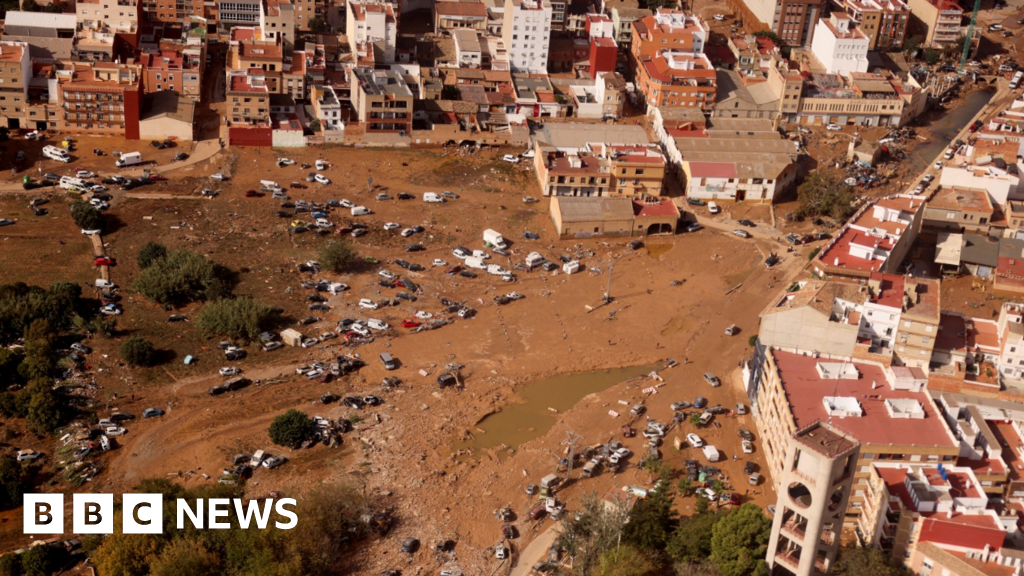ARTICLE AD BOX
Watch: Extensive devastation left by Maui wildfires
By Kathryn Armstrong
BBC News
Additional expert support has been deployed to Hawaii, where forensic work is continuing to find victims of the devastating wildfires.
At least 80 people are known to have died but there are fears this number will rise further, with hundreds still unaccounted for.
Many more remain in emergency shelters after fleeing from the flames.
Firefighting efforts are continuing in parts of the island of Maui, including around the devastated town of Lahaina.
Jeremy Greenberg, a senior official at the Federal Emergency Management Agency (FEMA), has told the BBC that extra support being sent included urban search and rescue, and fire suppression teams.
"The absolute number one priority is survivor safety," he said.
Mr Greenberg added that while close to 1,000 people are still yet to be contacted, some of these may be safe but out of reach for a number of reasons.
Meanwhile, sniffer dogs trained to detect bodies have been looking for signs of corpses under the rubble in Lahaina.
There have also been reports of bodies being found around the local harbour, where people have been pulled out alive.
Helicopter pilot Richard Olsten has flown over Maui and told the BBC that even most of the boats in the harbour were burnt and had sunk.
"The historic buildings, the church, the missionary building and so forth - all gone," he said.
"The main tourist area where all the shops and restaurants are, the historic front street - everything burnt to the ground."
It is thought that more than 2,000 buildings have been damaged or destroyed since the fires broke out earlier this week. The majority of these were homes in the Lahaina area.
Hawaii Governor Josh Green said the fires were the "largest natural disaster in Hawaii state history".
The cost of rebuilding Maui has been estimated at $5.5bn (£4.3bn), according to the Pacific Disaster Center (PDC) and FEMA, which is coordinating the relief effort to Hawaii from Washington.
"We're strong people, we're going to be okay," one local resident, Lars Johnson, told CBS News.
"We're going to do what we can to rebuild. And it'll be back and it'll be bigger and it'll be stronger than ever before."
Local groups have been trying to organise food, water and shelter for those who have been made homeless with the help of organisations such as the American Red Cross.
Their national spokesperson, Todd James, said that while the focus on now is providing support to survivors, they will eventually help with damage assessment and distributing emergency supplies to help with the clean-up.
As well as receiving aid, people who end up at emergency shelters that have been set up are also able to scan QR codes on their phones to report that they are safe and to alert the authorities that someone they know is missing.
BBC news reporter Helena Humphrey, who has been at one of the facilities, said the mood was growing more despondent as the death toll continued to rise.
Skippy Bailey, who is the regional director for air ambulance company Hawaii Life Flight, said the support Maui was receiving from other islands and the US mainland was "tremendous".
But he added that the task at hand was "daunting" due to the coordination effort it was going to take to get those in urgent need of care to a place where the could receive it.
Complicating the task is the fact that phone and power networks are still disrupted in some areas.
State officials reopened Lahaina to people with proof of residency on Friday to check on their properties for the first time, but a curfew is in place and access has further been restricted because of safety concerns.
Hawaii's attorney general has announced a "comprehensive review" into how the authorities responded to the wildfires.
It comes as questions mount over whether officials warned residents fast enough and if there were flaws in the early warning system.
Hawaii Electric, the utility that provides service to 95% of Hawaii's residents, has been criticised for not shutting off the power - despite warnings that high winds could create dangerous fire conditions.
Watch: Survivor filmed his escape from Hawaii fires

 1 year ago
15
1 year ago
15








 English (US)
English (US)